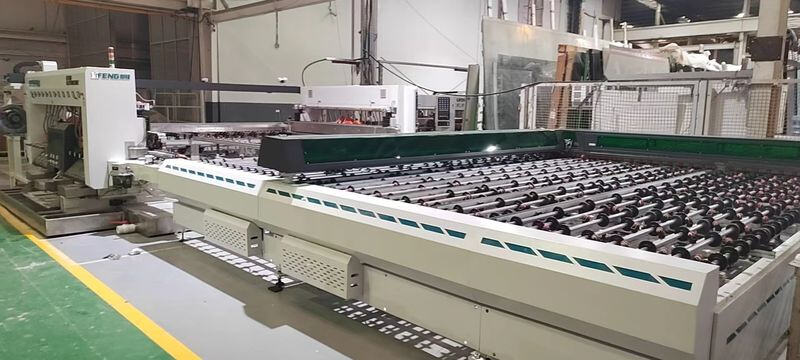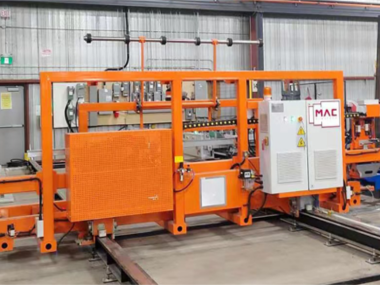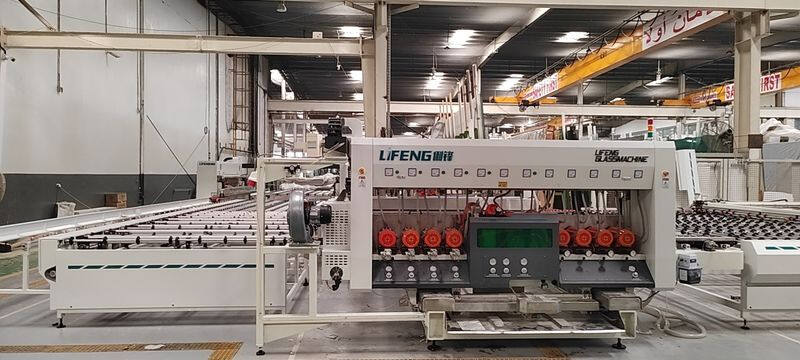glass injection molding machine
A glass injection molding machine represents a cutting-edge manufacturing solution designed for the precise and efficient production of glass components. This sophisticated equipment utilizes advanced heating and pressure systems to transform glass materials into intricately shaped products with exceptional accuracy. The machine operates by heating glass material to its optimal processing temperature, then injecting it into carefully designed molds under controlled pressure conditions. The process combines precise temperature control, automated material handling, and sophisticated pressure management to ensure consistent, high-quality output. These machines are equipped with advanced control systems that monitor and adjust processing parameters in real-time, ensuring optimal production conditions throughout the molding cycle. The technology particularly excels in producing complex geometric shapes and high-precision optical components, making it invaluable in industries such as optics, electronics, and medical device manufacturing. The machine's versatility allows it to handle various glass formulations, including optical glass, technical glass, and specialty compositions, while maintaining tight tolerances and superior surface quality. Modern glass injection molding machines often feature integrated quality control systems, automated loading and unloading mechanisms, and sophisticated cooling systems that optimize production efficiency while maintaining product quality standards.


